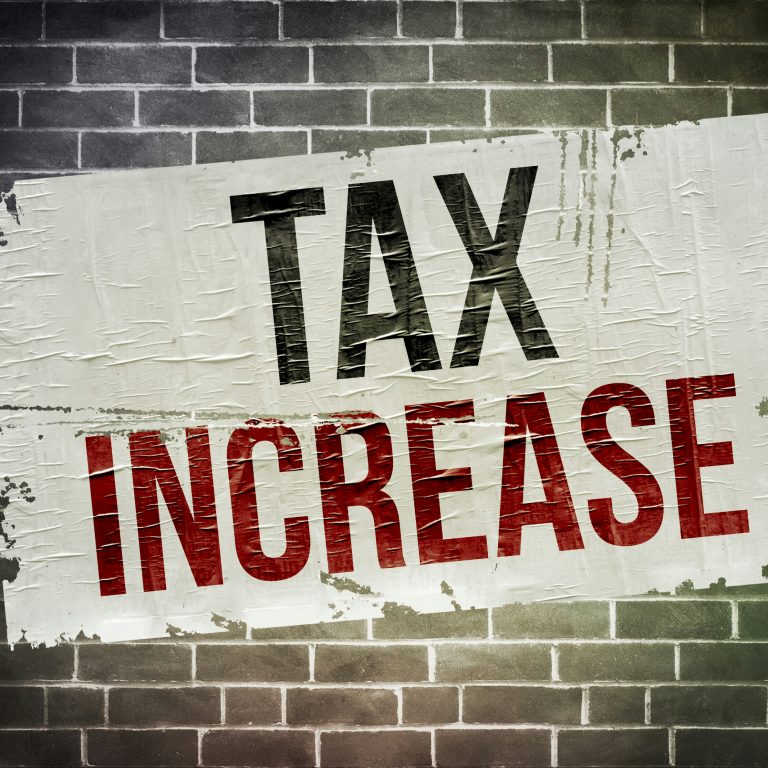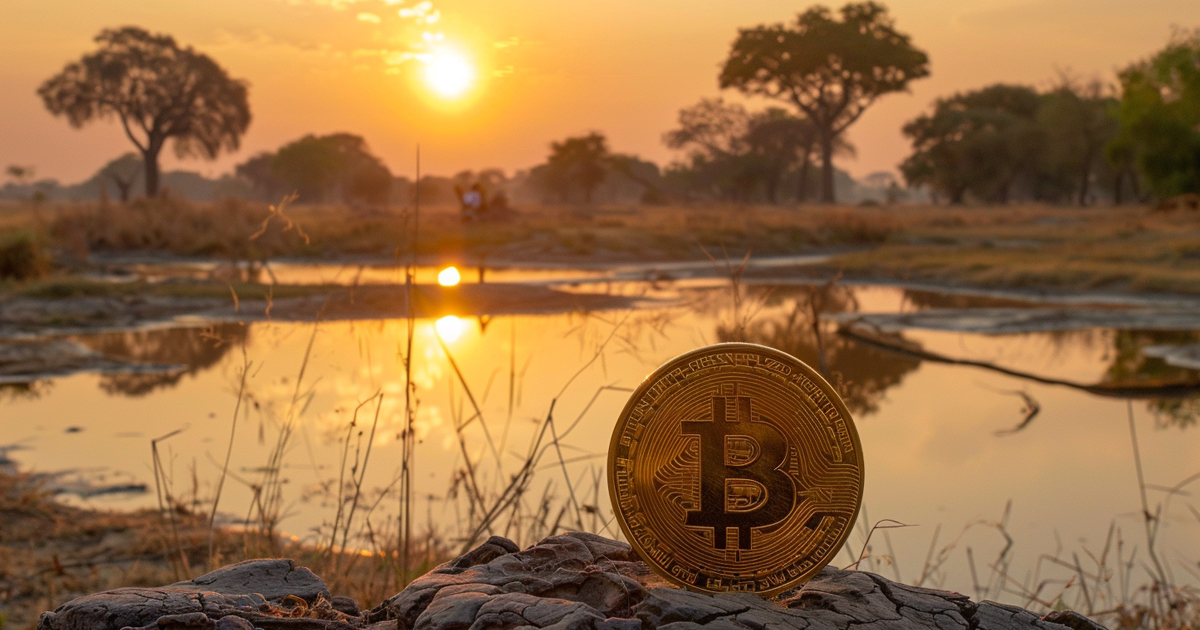
2018-10-3 14:50 |
A smart robber fleeces you with a pen and a handshake. From Zimbabwe to Kenya, Uganda to Benin, African governments are on a tax-raising spree, looking for easy money, ostensibly to help fund successive revenue shortfalls and budget deficits. Often, the money ends up being misappropriated by corrupt public officials. The best weapon in government hands is now your mobile phone – the closest thing most citizens in the continent have to a functional bank account.
Also read: Banks, Money Mules And Front Companies Aid Terrorists in Conflict Zones Launder Money
Milking the Poor: African Governments Enforce a Raft of New Taxes on Mobile MoneyFaced with the informalization of the economy and a record increase of mobile money transactions, as citizens pull their own weight against unemployment and financial exclusion, taxmen in Africa have pitched up on the last frontier, punishing the poor who are often denied cash rewards for their labor.
In Zimbabwe, finance minister Mthuli Ncube this week increased taxes on mobile money transfers to 2% on each dollar from the previous flat 5% on the amount transferred, joining an expanding list of African governments intent on squeezing every dollar from impoverished citizens.
The new tax looks like a reduction. It is not. It is a rise in all costs for every transaction. For every dollar spent, Zimbabweans now have to pay 2 cents. In the past, they paid only 5 cents for every transaction, including those exceeding $1. With 96% of transactions in Zimbabwe done electronically, the new tax means that citizens, already battling severe cash shortages, will have to pay more each time they buy bread or fuel or transfer money to a relative, by mobile or bank. The latest increase doesn’t account for the 15% VAT levied on goods and services, and a slew of taxes already charged by mobile carriers and banks, such as balance enquiry.
It also means easy revenue for the government. So far this year, cashless transactions have reached 1.7 billion, said the finance minister, compared to just 50 million four years earlier. That’s the equivalent of $64 billion moved via mobile phones and other electronic means by the end of June, according to data from the Reserve Bank of Zimbabwe. If the 2% on every dollar is applied, state coffers will get a boost of $1.28 billion.
“There is need to expand the tax collection base and ensure that the tax collection points are aligned with electronic mobile payment transactions and the real time gross settlement system,” Ncube said, in a statement on October 1.
Unholy AllianceZimbabwe joins several other African countries including Kenya, Tanzania, Uganda, Zambia, Benin and Rwanda, in either raising taxes on mobile transfers or internet access, ostensibly to fix perennial revenue shortfalls and runaway budget deficits.
M-Pesamill in KenyaKenya recently increased electronic transfer excise duties by cellular phone providers, banks and money transfer agencies from 12% to 20% per transaction, meaning it will now cost Kenyans more to send money across platforms like mobile money service provider Mpesa or to request bank statements. The government of President Uhuru Kenyatta, which is facing a budget deficit of $5.62 billion, also announced that “telephone and internet data services shall be charged excise duty at a rate of 15% of their excisable value,” from 10% previously.
With about $448 million budget deficit, Rwanda has lined up a new bill that is expected to effect a significant increase in cashless tax. In Uganda, citizens have been slapped with tax increases of between 1% and 5% on items like mobile money transfers, and even social interactions on platforms like Facebook and Whatsapp. The Ugandan authorities hope to collect up to $4.4 billion each year from these sort of taxes and others. Social media and internet taxes have also been introduced in Zambia and Benin.
Tax Increases Line Pockets of Corrupt Leaders, Never Social ServicesBeyond the jargon of monetary policies, it must be clear to African citizens how this sizeable tax was arrived upon and who it is going to benefit. In many African countries, including Mobutu Sese Seko’s Zaire, Sani Abacha’s Nigeria and Eduardo Dos Santos’s Angola, such unabashed tax assaults have not improved social services but ended up in pockets of state actors and in the service of misanthropic government activities.
In Angola, the son of former president Dos Santos has been arrested for allegedly stealing $500 million from state coffers. Abacha is thought to have laundered over $4.3 billion, while Sese Seko is a close competitor. The Zimbabwe government boasts the serial feat of robbing citizens’ life savings, first by taking the Zimbabwean dollar out of circulation in 2009, and now, by redenominating money deposited in US dollars to a nameless, unstable local currency that keeps falling.
In spite of the country’s domestic debt incredulously increasing to $9.5 billion from $259 million in 2012, there is no indication that runaway government expenditure is going where it is needed most: the improvement of social services.
More than 40 citizens recently died of cholera, and thousands are living without access to safe drinking water. Government officials in the new administration of President Emmerson Mnangagwa still feel safer in foreign hospitals while the bulk of citizens have to make do with poorly resourced hospitals.
Cryptocurrency to Neutralize Tax Hikes and Curb Illicit FlowsCyptocurrencies like bitcoin cash (BCH) are seen as key to helping African countries fight corruption, illicit transfer smuggling and high transfer or remittance costs.
A report by Enrique and Eduardo Aldaz Carrol published on the Brookings Institution website revealed that: “Cryptocurrency and blockchain could help prevent fraud and corruption, reduce the costs of enforcement thanks to easily accessible information and faster crosschecks, and help supervise implementation and monitor efficiency and effectiveness of spending, increasing development impact”.
Do you think governments in Africa are stifling development by raising taxes on mobile money? Let us know in the comments section below.
Images courtesy of Shutterstock and Mpesa
Need to calculate your bitcoin holdings? Check our tools section.
The post Wave of Mobile Tax Hikes Squeeze Africa’s Poor to Indulge Governments appeared first on Bitcoin News.
origin »Bitcoin price in Telegram @btc_price_every_hour
Money ($$$) íà Currencies.ru
|
|





















